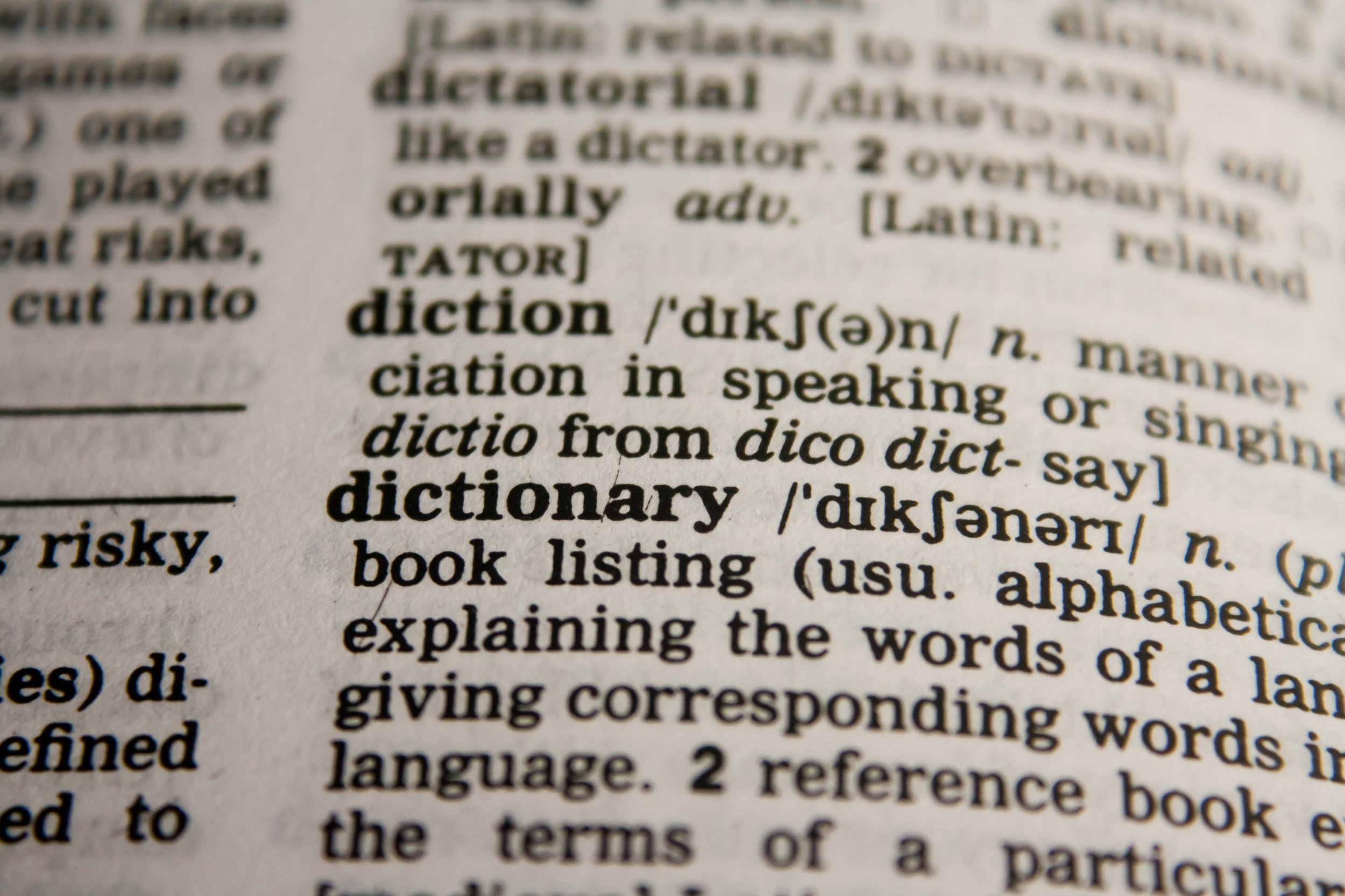A Complete Guide to Using Will Versus Would
Will and would are two of the most common modal verbs in the English language. They are both used to express future tense, but they have different meanings and uses.
Will is used to express intention or willingness. For example, you might say, "I will go to the store" to express your intention of going to the store. You might also say, "I will help you" to express your willingness to help someone.
Would is used to express possibility, probability, or expectation. For example, you might say, "I would like to go to the store" to express your desire to go to the store. You might also say, "I think it would rain today" to express your belief that it is likely to rain today.
Would can also be used to make polite requests or offers. For example, you might say, "Would you like to come to dinner?" to make a polite request for someone to come to dinner. You might also say, "I would be happy to help you" to make a polite offer of help.
In addition to these basic meanings, will and would can also be used in a variety of other ways. For example, will can be used to talk about habits or routines. For example, you might say, "I will brush my teeth every day" to express your habit of brushing your teeth every day. You might also say, "I will take a shower every morning" to express your routine of taking a shower every morning.
Would can be used to talk about past habits or routines. For example, you might say, "I would brush my teeth every day when I was a kid" to talk about your habit of brushing your teeth every day when you were a kid. You might also say, "I would take a shower every morning before going to work" to talk about your routine of taking a shower every morning before going to work.
Will and would can also be used to talk about hypothetical situations. For example, you might say, "If I had a million dollars, I would buy a house" to talk about a hypothetical situation in which you have a million dollars and you decide to buy a house. You might also say, "If I were you, I would go to the doctor" to give someone advice based on a hypothetical situation in which you are them.
In conclusion, will and would are two of the most common modal verbs in the English language. They are both used to express future tense, but they have different meanings and uses. Will is used to express intention or willingness, while would is used to express possibility, probability, or expectation. Would can also be used to make polite requests or offers, talk about habits or routines, talk about past habits or routines, and talk about hypothetical situations.
Examples of Will and Would
Here are some examples of will and would used in sentences:
I will go to the store. (Expresses intention)
I would like to go to the store. (Expresses desire)
I think it would rain today. (Expresses belief)
Would you like to come to dinner? (Makes a polite request)
I would be happy to help you. (Makes a polite offer)
I will brush my teeth every day. (Expresses habit)
I would brush my teeth every day when I was a kid. (Talks about past habit)
If I had a million dollars, I would buy a house. (Talks about hypothetical situation)
If I were you, I would go to the doctor. (Gives advice based on hypothetical situation)
